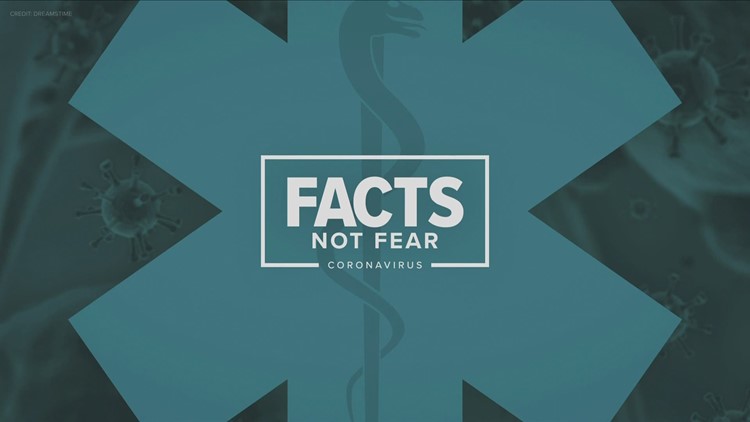DES MOINES, Iowa — Three Iowans have tested positive for COVID-19, otherwise known as the coronavirus. They are now being quarantined inside their homes in Johnson County and are recovering.
As the number of cases in the United States continues to climb, many people are wondering what to do if they are potentially exposed to the coronavirus.
Health officials advise that if you have traveled to an area affected by the disease, have been in the same area as someone suspected of having the virus, or you develop symptoms of the coronavirus, you should self-quarantine.
So what is self-quarantine? It involves staying at home for 14 days and avoiding contact with people or animals. You are advised not to go to work, not to use public transportation, not to visit public places, and not to have visitors at your home.
Those in self-quarantine, according to Iowa health officials, should monitor their symptoms. This includes taking a temperature regularly and checking in with a doctor. If you need medical attention, call ahead to ensure you're going to the right place and taking the necessary precautions. Additionally, it's advised that those who might have the coronavirus wear a face mask if you must be around other people, such as during a drive to the doctor's office.
Right now, many students returning from study abroad programs sponsored by Iowa's three public universities are in self-quarantine at their homes or on campus.
State health officials in Iowa have yet to advise the cancellation or closing of schools in Johnson County or anywhere else right now. That could be subject to change. More individual districts across the nation in infected areas.
Two members of Congress, including Sen. Ted Cruz (R-Texas) are in self-quarantine after they were exposed to someone at the Conservative Political Action Conference who tested positive for the virus.
The number one piece advice public health officials are still giving at this time is to limit travel if you have an underlying condition and are above the age of 60, and to practice good hygiene.
What's the difference between isolation and quarantine? According to the Centers for Disease Control, isolation separates sick people with a communicable disease; quarantine separates and restricts the movement of people who were exposed to a contagious disease to see if they become sick.



